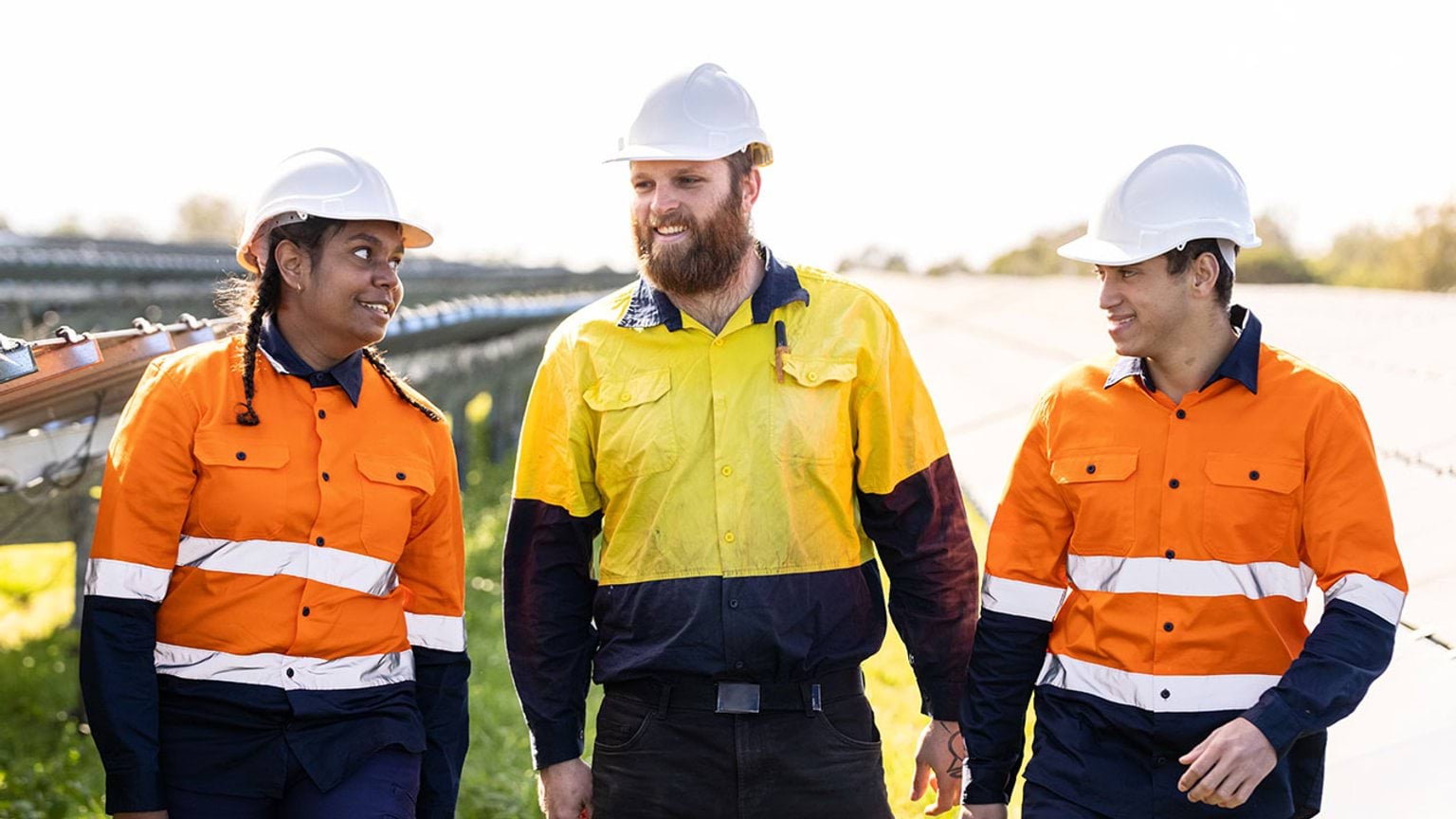Whatever your age or career stage, Vocational Education and Training (VET) can help you get the knowledge and skills for a rewarding career. VET courses are offered by TAFE and training providers across Victoria.
You’ll do a combination of class based and hands-on learning. You may also get to experience the job first-hand through work placement or as an apprentice or trainee.
See below to find out how VET training could work for you. Also visit our Get started with TAFE and training page to plan your next steps.
More free help and resources

Discover training, courses and careers
Find out about skills and training for in-demand and emerging jobs, including free resources and services.
Updated













